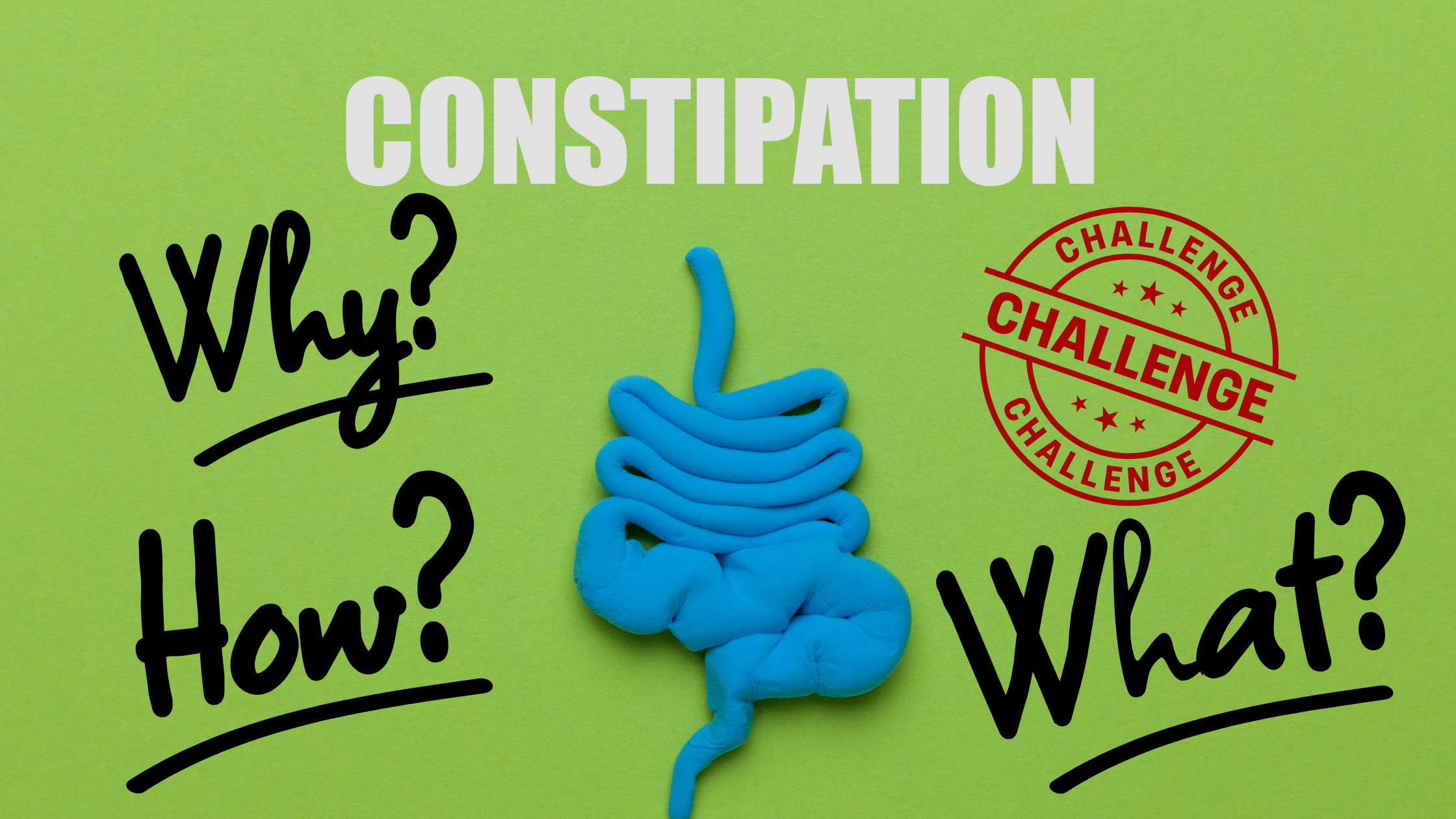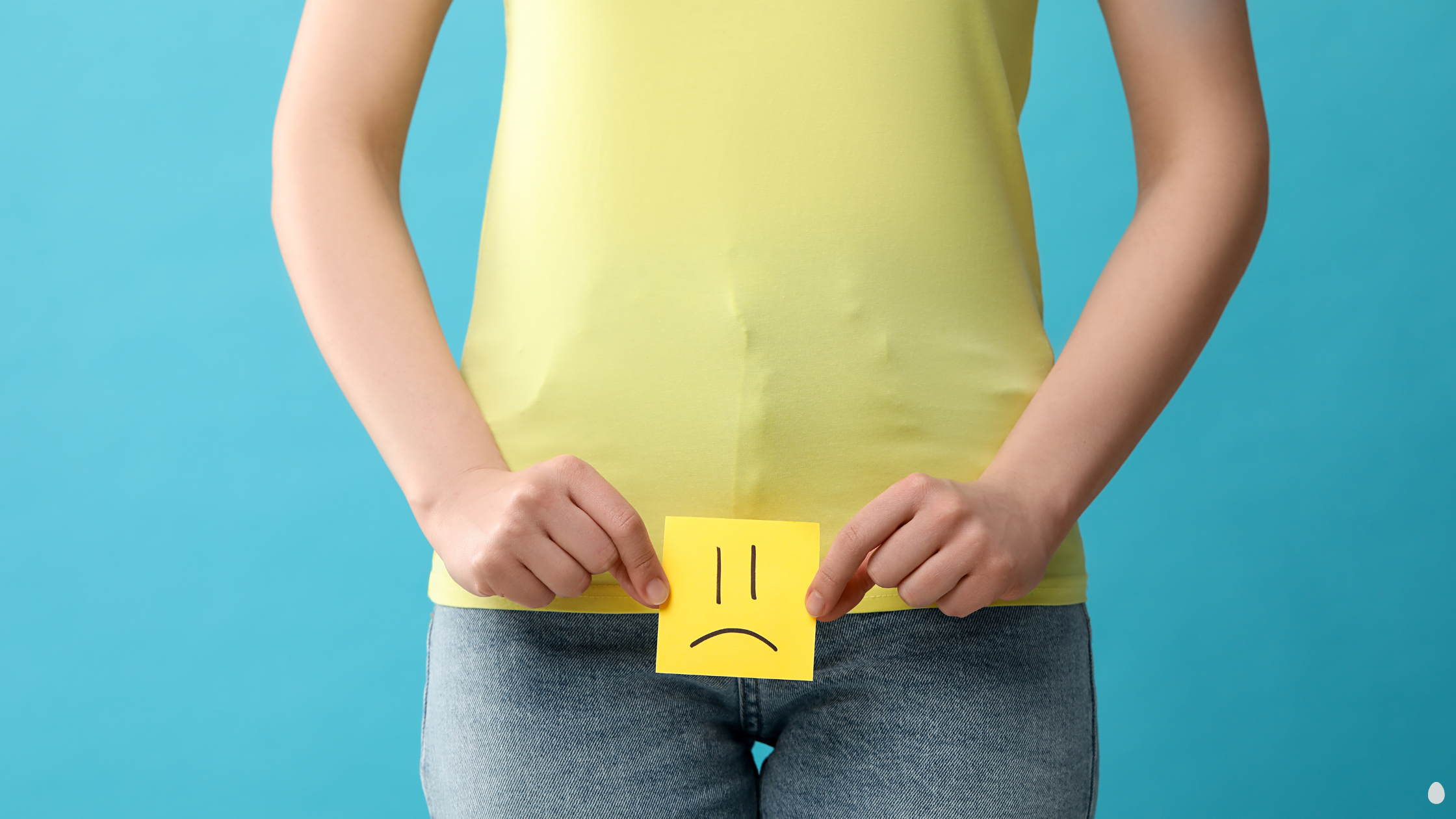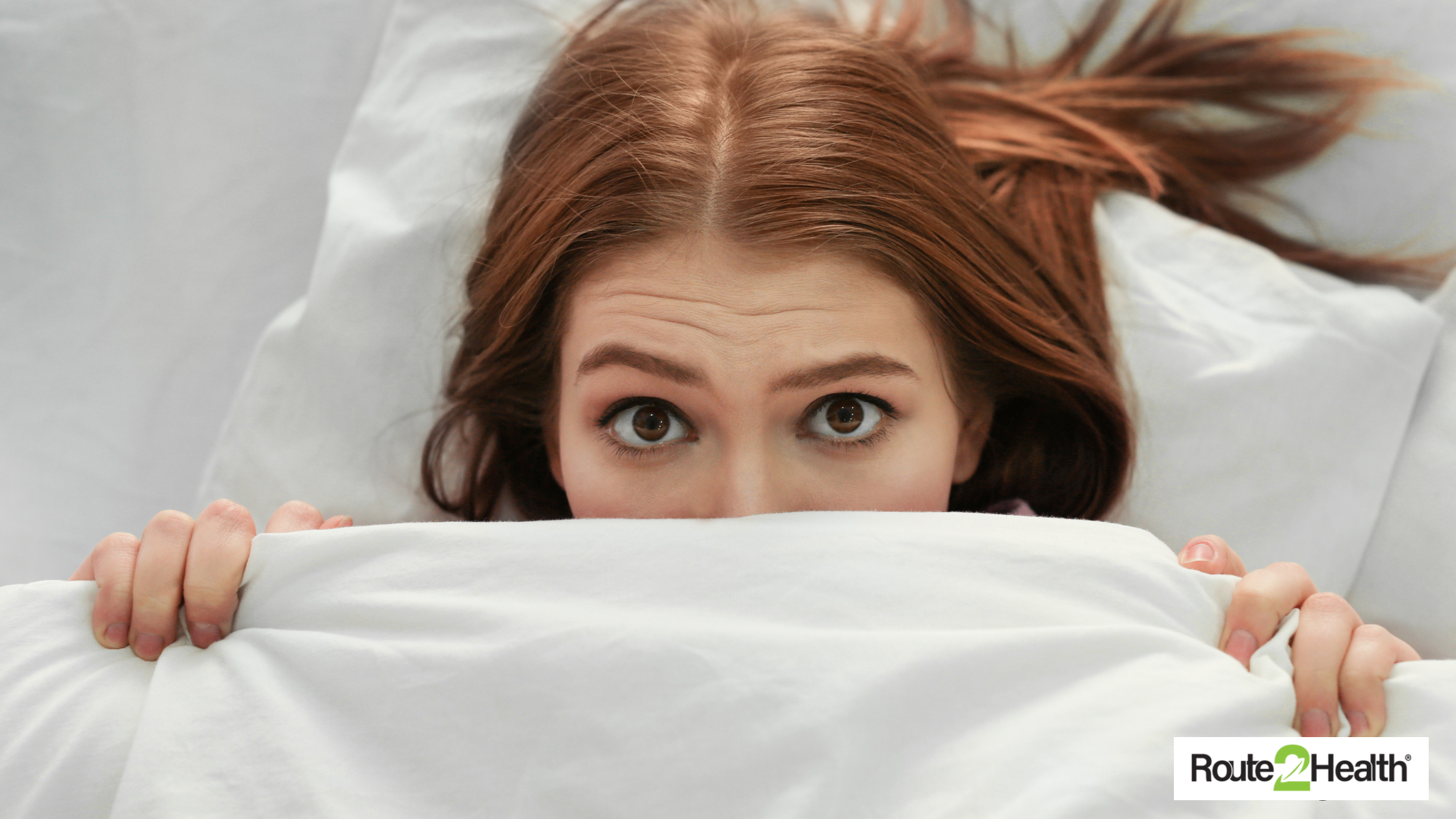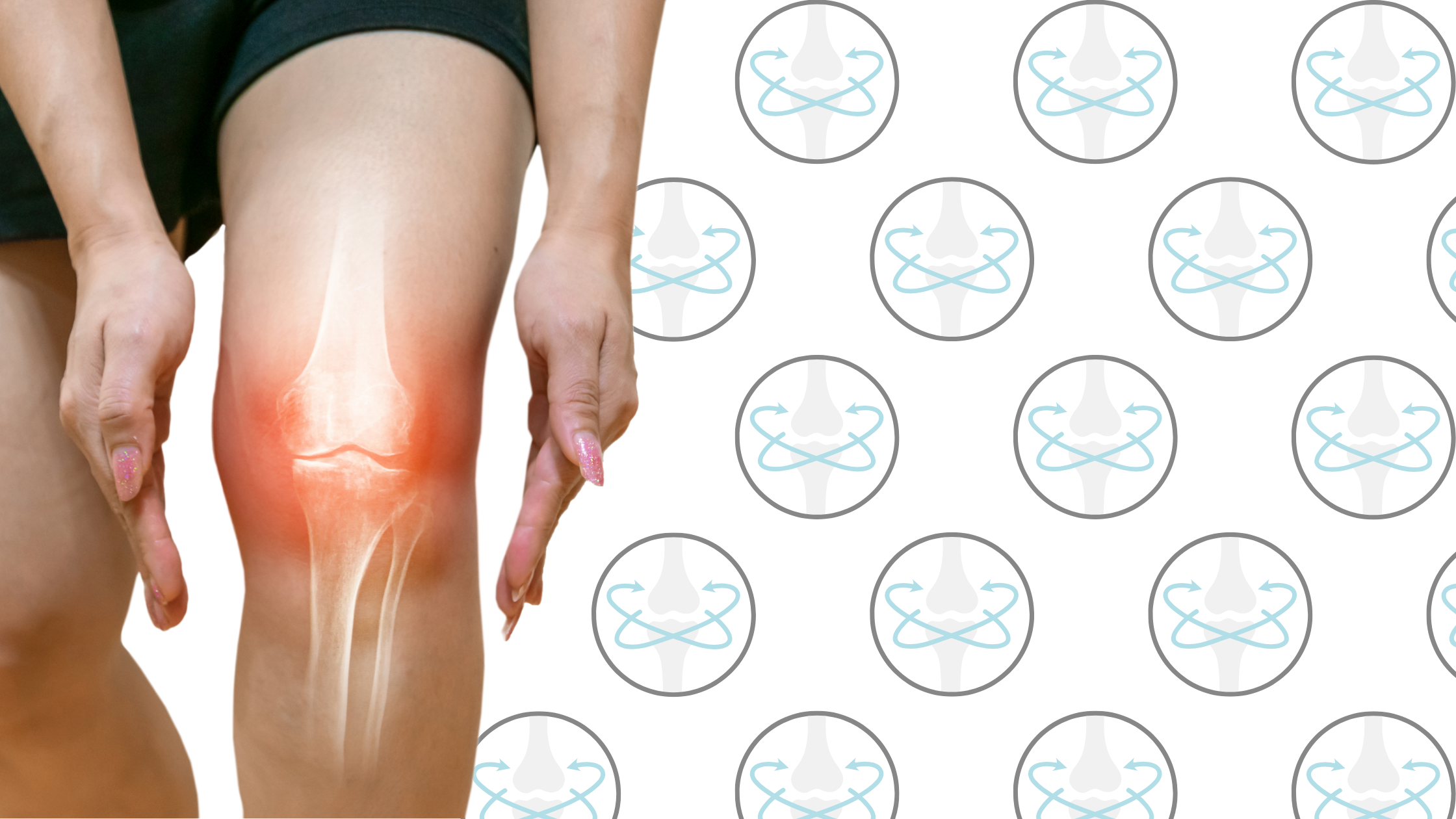
5 Common Causes of Constipation and How EZ-COL Can Help?
Ever feel like your tummy's on strike and just refuses to move things along? You’re not alone. Constipation isn’t just a bathroom issue—it can be an annoying, uncomfortable, and even painful part of everyday life. Whether you’re stuck feeling bloated, heavy, or sluggish, constipation can throw your whole routine out of whack. But don’t worry—we’re about to break down the most common causes of constipation and show you how a natural remedy like EZ-COL, powered by Senna leaf extract, can help you get back on track.
What Is Constipation and Why Does It Matter?
Constipation refers to infrequent, hard, or difficult-to-pass bowel movements. Medically, it’s often defined as having fewer than three bowel movements per week. However, the symptoms go beyond numbers—many people feel bloated, experience abdominal pain, or sense incomplete evacuation even after going to the loo.
Chronic constipation can significantly impact your quality of life. It’s more than a nuisance; it’s a condition that can lead to haemorrhoids, anal fissures, or even faecal impaction if left untreated. In some cases, it may also indicate underlying health issues.
Constipation Is More Common Than You Think
According to the NHS, around one in seven adults suffers from constipation at any one time in the UK. It’s especially common among women, older adults, and people with sedentary lifestyles. Globally, constipation affects about 14% of the population. That's millions of people straining and struggling with a problem that’s very treatable.
5 Common Causes of Constipation
1. Low Fibre Intake
A fibre-poor diet is arguably the most common cause of constipation. Fibre adds bulk and softness to stools, making them easier to pass. Without enough fibre, the colon absorbs more water from waste, which dries out the stool and slows movement.
Two types of fibre work together in your gut: soluble fibre, which forms a gel-like consistency, and insoluble fibre, which adds bulk. A lack of both can make your stool dense and slow-moving, like clay trying to squeeze through a narrow tube. Research shows that a diet low in overall fibre, common in processed foods, leads to hard, dry stools that are difficult to pass.
2. Inadequate Fluid Intake
Hydration is key to keeping your digestive system moving. Fluids help dissolve soluble fibre and keep your stools soft. Without enough water, your colon pulls extra fluid from the food waste, resulting in hard, dry stools that are difficult to pass.
Research indicates that people who consume less than the recommended daily intake of fluids are significantly more likely to experience constipation. The average adult should aim for 6–8 glasses of water daily.
3. Lack of Physical Activity
A sedentary lifestyle doesn’t just affect your heart and waistline—it also slows your digestion. Physical movement helps stimulate intestinal contractions. When you're inactive, the muscles that move waste through your colon become sluggish too.
In elderly individuals, especially, reduced physical activity has been strongly associated with increased constipation. Even something as simple as a 30-minute walk daily can encourage bowel regularity.
4. Ignoring the Urge to Go
Delaying a trip to the toilet can actually make constipation worse. When you ignore the urge, the stool stays in your colon longer, where even more water is absorbed, making it harder and more compact. Over time, this can lead to decreased sensation and response to rectal distension—a kind of desensitisation. Children, busy professionals, or people who avoid public toilets are especially vulnerable to this habit-based cause (Rao & Go, 2010).
5. Medication Side Effects
Many commonly prescribed medications can interfere with your gut’s natural motility. Opioids, antidepressants, iron supplements, and calcium channel blockers are top culprits. These drugs may affect intestinal nerve signals or reduce peristaltic contractions, slowing down transit time. Research in the American Journal of Gastroenterology shows that opioids bind to receptors in the gut lining, inhibiting bowel movement reflexes.
Simple Tips to Relieve Constipation
Relieving constipation doesn’t always require medication—sometimes, simple lifestyle changes can do wonders for your digestive health. Here are a few effective tips to help get things moving naturally:
- Drink plenty of water: Aim for at least 6–8 glasses of water daily to keep stools soft and easy to pass.
- Add more fibre to your diet: Include whole grains, fruits, vegetables, and legumes to increase stool bulk.
- Stay physically active: Regular movement, like walking or yoga, can stimulate bowel activity.
- Don’t ignore the urge: Responding promptly to nature’s call can prevent stool from becoming hard and dry.
- Establish a toilet routine: Try going at the same time every day, especially after meals, to train your body.
These simple habits, when practised consistently, can go a long way in maintaining regular bowel movements and preventing future episodes of constipation.
Try EZ-COL!
If you’re dealing with any of these causes, EZ-COL by Route2Health might just be your gut’s best friend. EZ-COL is made with Senna leaf extract, a time-tested natural laxative used for centuries.
Senna contains compounds called sennosides that irritate the bowel lining just enough to trigger peristalsis—the wave-like contractions that move stool through your colon. It helps relieve constipation without the harsh effects of synthetic laxatives. Clinical trials in the American Family Physician publications show that Senna is effective for short-term relief of constipation, particularly when lifestyle changes aren't enough.

Conclusion
Constipation is far more common—and far more frustrating—than most people admit. Whether it’s caused by diet, hydration, physical inactivity, ignoring nature’s call, or medications, the good news is that it’s treatable and often preventable. By making simple lifestyle changes and introducing a gentle, plant-based product like EZ-COL by Route2Health, you can ease your gut back into a natural rhythm.
So, if your digestive system has hit pause, it might be time to press play—with EZ-COL, your natural, effective ally against constipation.
FAQs
1. How often should I have a bowel movement?
Normal ranges from 3 times a day to 3 times a week. Less than 3 times a week may indicate constipation.
2. Can stress cause constipation?
Yes, stress alters gut motility, leading to constipation.
3. How long does EZ-COL take to work?
EZ-COL generally works within 6 to 12 hours after consumption. It’s best taken at bedtime to promote a bowel movement in the morning.
4. Is it safe to use EZ-COL daily?
EZ-COL is intended for short-term use only. Prolonged use of stimulant laxatives should be done under medical supervision to avoid dependence.
5. When should I see a doctor?
If constipation lasts over 3 weeks, or is accompanied by blood, severe pain, or weight loss.























































